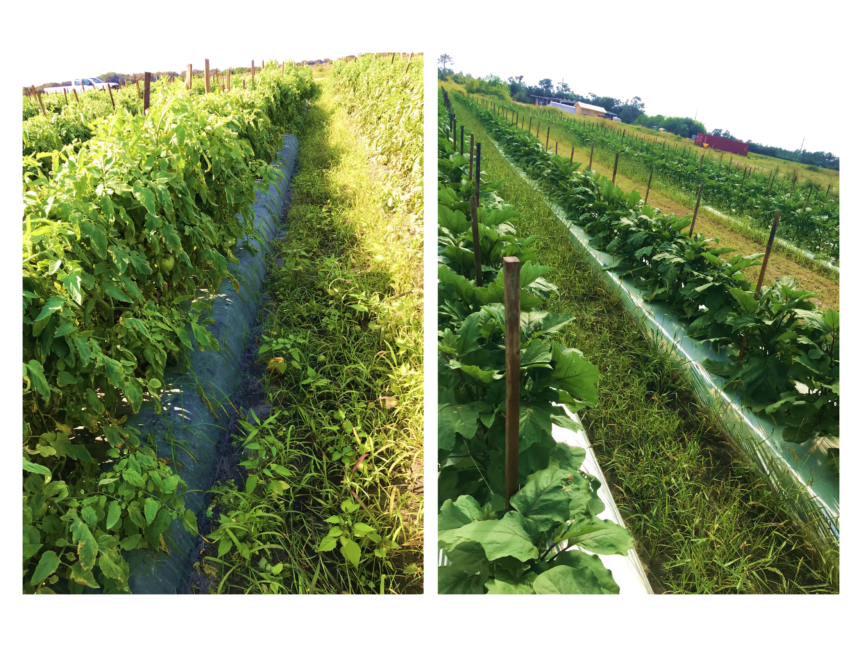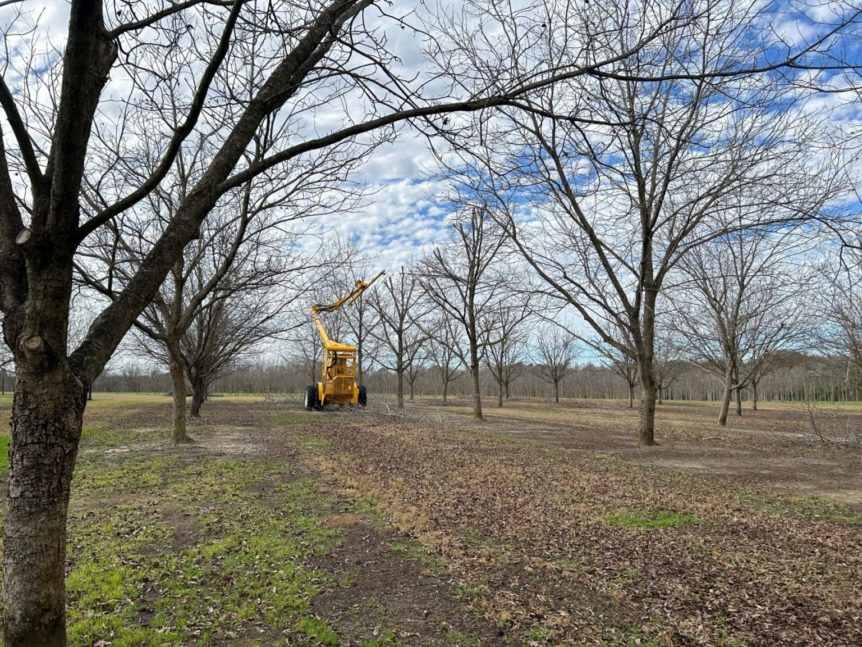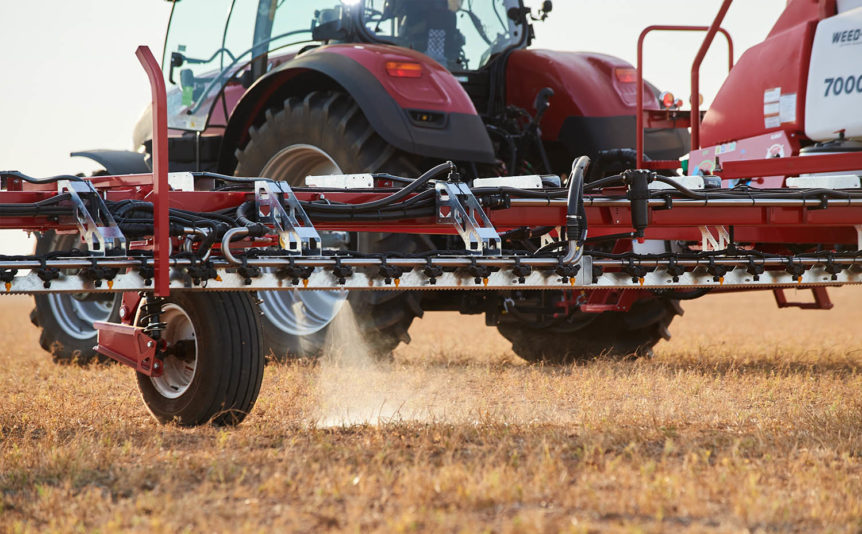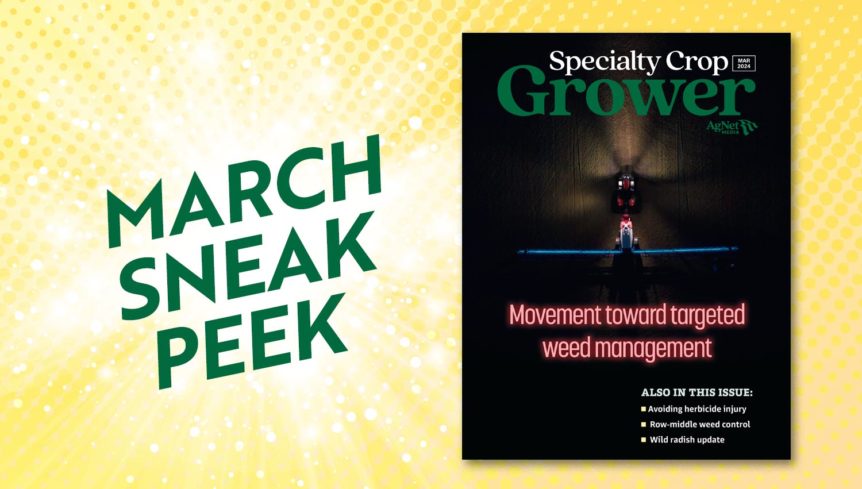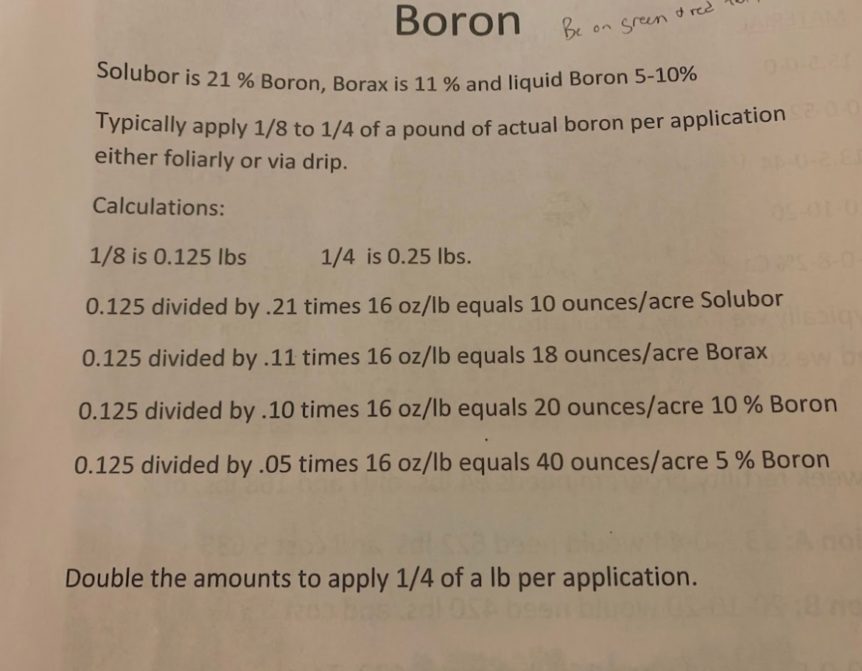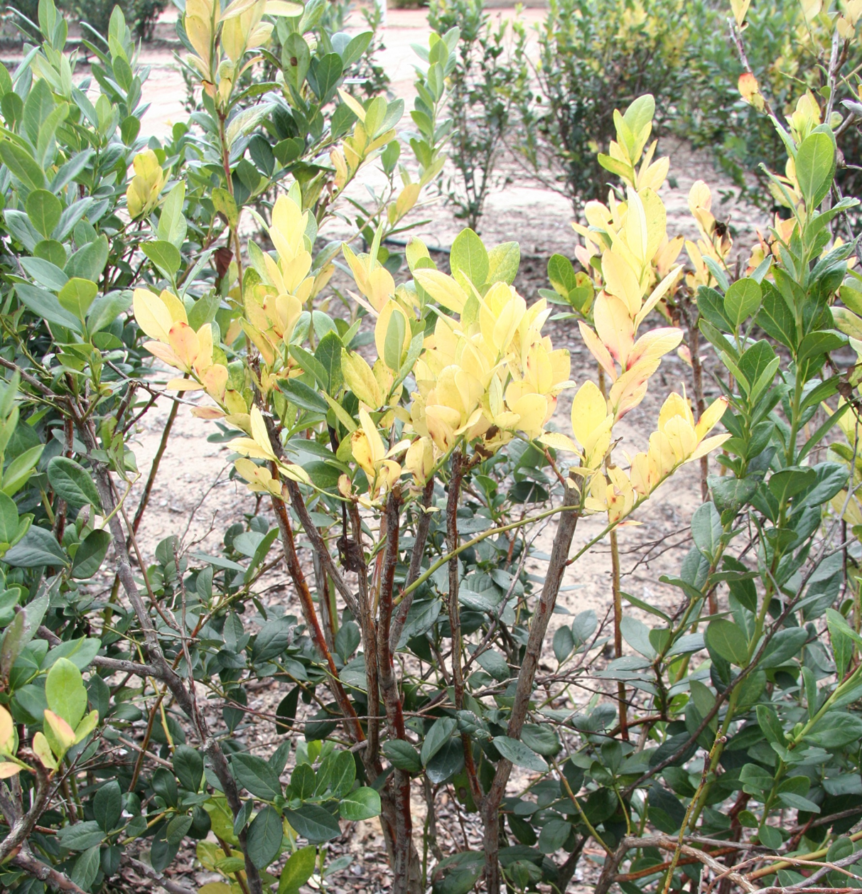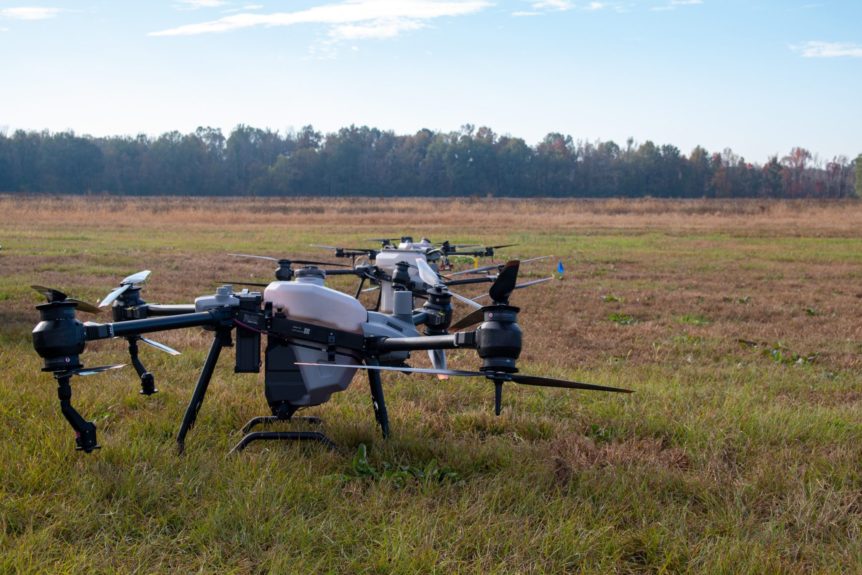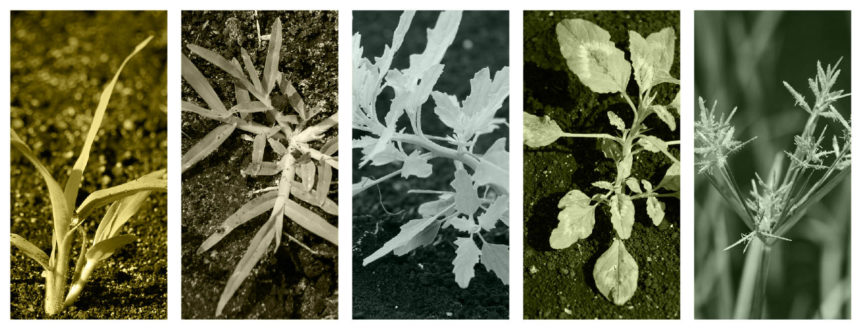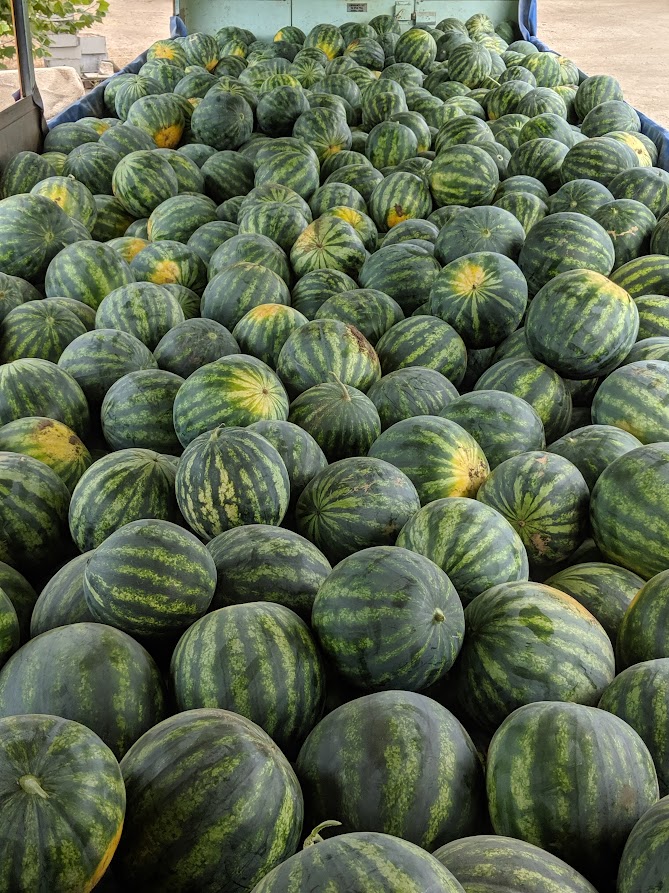By Clint Thompson The Southeast Regional Fruit & Vegetable Conference drew a large attendance in early January. The annual gathering provides a plethora of educational breakout sessions focused on key fruit and vegetable crops. Here’s a few highlights from those sessions. Peach Presentations Fungicide preservation is the key for Southeast peach producers in managing brown rot disease long term. Demethylation …
Specialty Crop Grower Magazine: Row-Middle Weed Control in Vegetable Plasticulture
By Ramdas Kanissery Battling weeds is a real struggle in vegetable plasticulture production — not just in the plastic mulched planting beds but also in the row-middle spaces between beds (see Figure 1). Weeds in the row middles can compete with the main crop while playing host to insect pests, nematodes and pathogens. Tackling row-middle weeds comes with its own …
What a Mess: Pecan Tree Hedging More Efficiently Done During Dormant Season
By Clint Thompson Pecan tree hedging is important to the sustainability of the tree long-term. Whether Southeast growers implement the practice during the dormant or summer season is up to the farmer, says Lenny Wells, University of Georgia Extension pecan specialist. “From as far as the tree is concerned, the way it produces and responds, there’s no real difference between …
Specialty Crop Grower Magazine: Movement Toward Targeted Weed Management
By Frank Giles There have been two major forces driving innovation in specialty crop agriculture. No. 1 is the challenge growers have in sourcing a dependable workforce to grow and harvest crops. No. 2 is the push to become more efficient and profitable by reducing production costs. Robotics and automation are developing rapidly with promises to help growers address those …
Sneak Peek: March 2024 Specialty Crop Grower Magazine
The March issue of Specialty Crop Grower Magazine puts weed management in the spotlight. Amid concerns over a lack of a dependable workforce and need to reduce input costs, growers need to be more efficient in their production strategies like weed control. Nathan Boyd, weed scientist with the University of Florida Institute of Food and Agricultural Sciences (UF/IFAS), along with …
Clemson Extension Agents Provide Weekly Update
Weekly Field Update Clemson Extension agents provide updates in The South Carolina Grower this week about the status of various crops being produced throughout the state. Statewide Tom Bilbo, Extension Entomologist Coastal Region Zack Snipes Midlands Sarah Scott Upstate Andy Rollins Sponsored ContentNuseed Carinata Covers New GroundNovember 1, 2024TriEst Ag Group: Partners in ProfitabilityApril 1, 2024SECURE FUNDING NOW | USDA-Sponsored …
Algal Stem Blotch a Growing Concern for Southeast Blueberry Producers
By Clint Thompson A fungal pathogen that was isolated to South Florida blueberries not too long ago is now on the radar of growers in North Florida and South Georgia. Phil Harmon, professor and Extension plant pathologist at the University of Florida, cautions farmers about algal stem blotch and believes it is a serious threat if not managed properly. “It’s …
Second Annual Drone Conference Scheduled for Feb. 26-29
AUBURN UNIVERSITY, Ala. — The Alabama Cooperative Extension System is hosting the second annual Spray Drone End-User Conference on Feb. 26-29 at The Lodge at Gulf State Park in Gulf Shores, Alabama. The first conference was held virtually in 2023, with 220 people in attendance. This year, Steve Li, an Alabama Extension weed scientist, and his team are offering the conference …
South Florida’s Top Weeds in Sweet Corn
By Calvin Odero Weed management is essential in sweet corn production to maximize yield and quality. Effective weed management practices minimize competition for nutrients, water and sunlight and help prevent diseases and pests that often thrive in weed-infested fields. Sweet corn weed management programs in South Florida are mainly comprised of chemical weed control, which includes pre-emergent herbicides applied after …
Other Fungicide Products Could Be Impacted by EPA
By Clint Thompson First chlorothalonil. What’s next for watermelon growers? It was the message delivered by Nick Dufalt, a plant pathologist with the University of Florida Institute of Food and Agricultural Sciences, to producers and industry leaders at the Suwanee Valley Watermelon Institute meeting in Fanning Springs on Nov. 30. Chlorothalonil’s usage could be reduced in the near future by …











